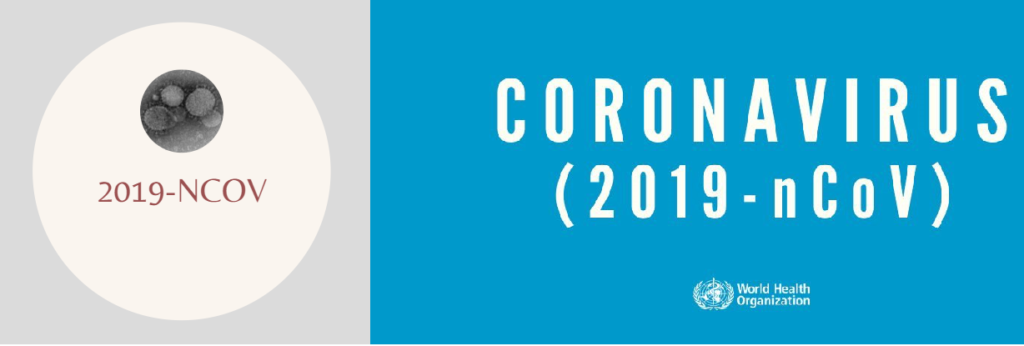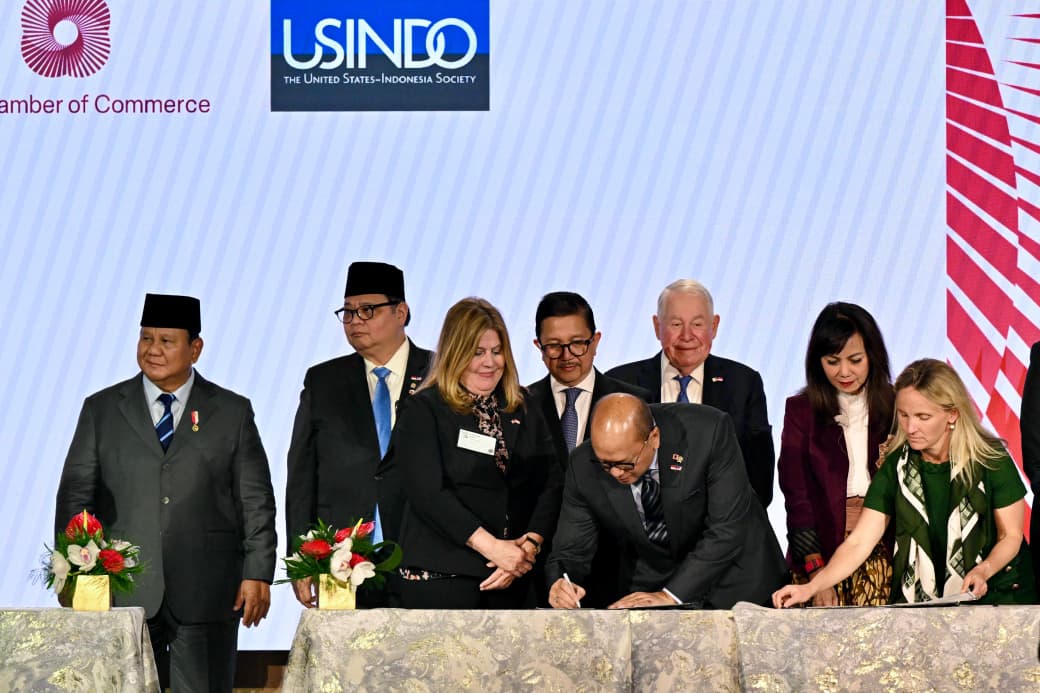Gov’t Installs Thermal Scanner in 135 Ports of Entry

Novel Coronavirus (nCoV)
To anticipate potential outbreak of a new virus called Novel Coronavirus (2019-nCoV), the Government has installed thermal scanners at 135 ports of entry to prevent the disease from spreading in Indonesia.
From December 31 to January 5, the World Health Organization (WHO) in China has confirmed 59 cases of difficulty breathing (pneumonia). Seven patients are listed as critically ill, and two patients have died in Wuhan City on 16 and 17 January respectively. The virus is suspected to be the cause of the pneumonia and is related to the Middle Eastern Respiratory Syndrome virus (MERS) and the Severe Acute Respiratory Syndrome virus (SARS).
“There are 135 ports of entry that have been equipped with thermal scanners that could identify a person’s body temperature remotely. The machine will display a red indicator when it detects passengers with body temperature above 38 degree Celsius,” Director General of Disease Prevention and Control of Ministry of Health Anung Sugihantono said in Jakarta, Monday (20/1).
Apart from that, a number of airports throughout Indonesia, especially those that have direct flights from China have increased their alertness, including by activating thermal scanners and providing health alert cards (HAC) for airlines, as well as communication, information, and education (KIE) to passengers regarding the spread of the virus.
According to Head of Soekarno-Hatta Airport Port Health Office (KKP) Class I Anas Maruf, thermal scanners have been installed in ports of entry across the country. “In normal condition, thermal scan check is carried out for all international arrivals though there is no suspected case of communicable disease. However, if there is suchcase, we should take anticipative measures,” Anas said.
The suspected criteria of a patient infected with coronavirus (nCoV), are:
- Those suffer from severe Acute Respiratory Infection (SARI) with recent history of fever, cough, that have uncertain diagnosis as well as have a history of travel or living in Wuhan City, Hubei Province, China within 14 days before the onset of the symptoms;
- Those who are sick with unusual clinical symptoms then have a sudden decline in general condition despite receiving appropriate treatment, regardless of residence or travel history;
- Those suffer from severe acute respiratory infections (ARI) who within 14 days before the onset of the disease, they have:
a. close contact with patients positively infected by nCoV;
b. visited health service facilities in countries where nCoV outbreak occurs;
c. visited or worked at live animal market in Wuhan City;
d. a history of contact with infectious animals due to animal transmission (zoonoses).
Anas also urged Indonesian people in Wuhan to avoid areas that were affected by nCoV, anyone who is infected the virus, to have clean and healthy lifestyle, and to visit Health Care Facilities (Fasyankes) to receive treatment immediately if they are sick.
For further information, they can contact Halo Kemkes through hotline number 1500-567, SMS 081281562620, facsimile (021) 5223002, 52921669, and email address at kontak@kemkes.go.id.
For the record, Ministry of Health called on the Indonesian Embassy in Beijing to appeal to all Indonesian people living in China to pay serious attention related to the spread of the virus. Those who are staying in Wuhan City and need consular assistance, according to information from Ministry of Foreign Affairs, can contact;
Embassy of the Republic of Indonesia in China
No. 4, Dongzhimenwai Dajie,
Chao Yang District, Beijing 100600, People’s Republic of China
Phone: 001-86- (10) 6532 5489
Fax: 001-86- (10) 6532-5368
Email: set.beijing.kbri@kemlu.go.id
(Bureau of Communication and Community Services Ministry of Health / Ministry of Foreign Affairs / EN)
Translated by: Syarifah Aisyah
Reviewed by: Rany Anjany
Proofread by: Mia Medyana







